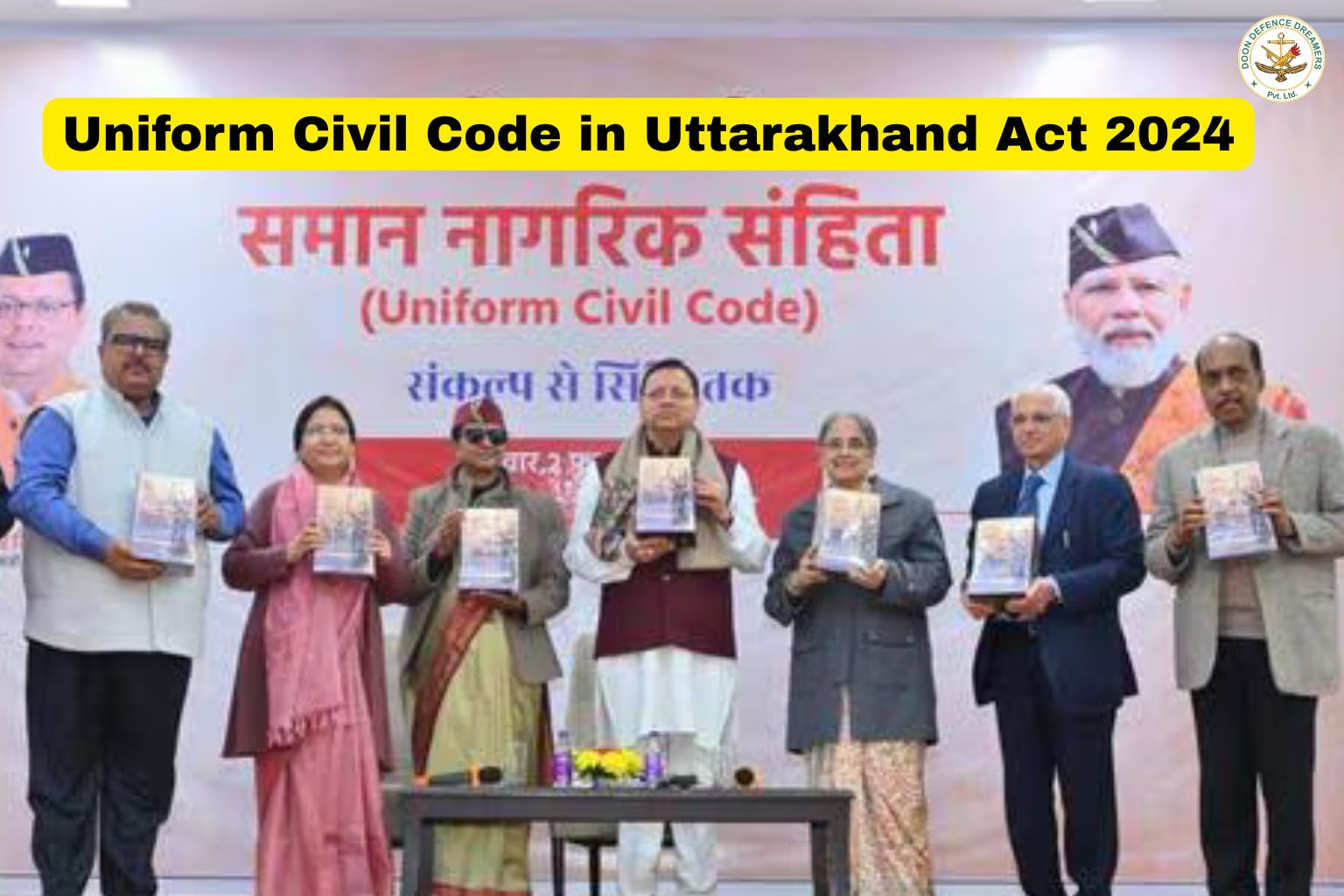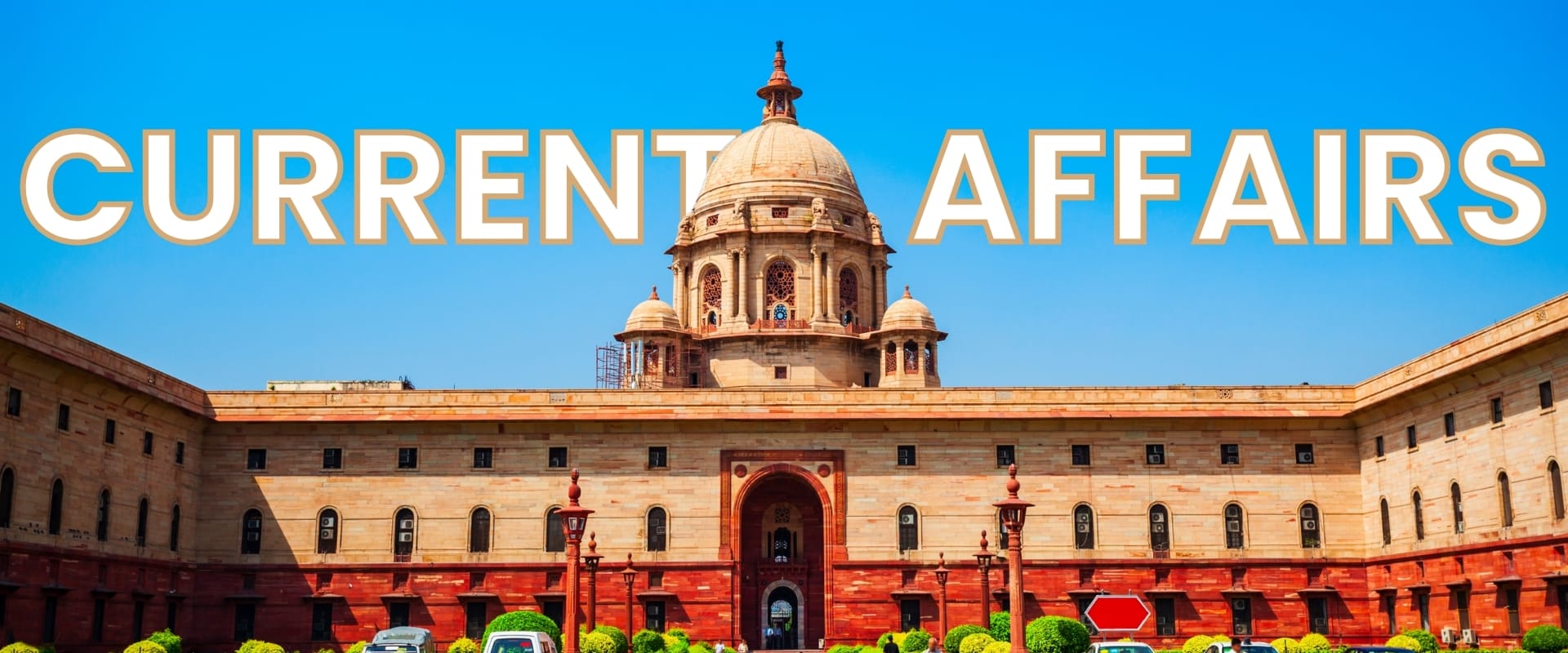What Is the Uniform Civil Code in Uttarakhand?
The Uniform Civil Code in Uttarakhand is a landmark legislation establishing a unified set of personal laws governing marriage, divorce, inheritance, and live-in relationships for all residents of the state, regardless of religion, gender, or caste.
Uttarakhand has made history by becoming the first state in India to officially publish and implement the UCC in Uttarakhand, setting an example for other states to follow. Enacted on February 7, 2024, and coming into force on January 27, 2025, this legislation positions Uttarakhand as a pioneer in legal reform and gender equality.

Key Provisions of the Uniform Civil Code in Uttarakhand
1. Marriage and Divorce
-
Minimum Marriageable Age: The UCC in Uttarakhand sets a uniform minimum marriageable age of 18 years for women and 21 years for men.
-
Registration: All marriages must be registered, making Uttarakhand the first state to formalize this process under a uniform law.
-
Grounds for Divorce: The UCC in Uttarakhand specifies uniform grounds for divorce including cruelty, adultery, desertion, and mental illness.
-
Maintenance: Provisions are made for spousal and child maintenance post-divorce.
2. Inheritance and Succession
-
Equal Rights: The Uniform Civil Code in Uttarakhand grants equal inheritance rights to sons and daughters, eliminating distinctions between ancestral and self-acquired property.
-
Uniform Succession Rules: All residents follow the same rules for inheritance regardless of religion.
3. Live-in Relationships
-
Registration: The Uniform Civil Code in Uttarakhand requires registration of live-in relationships within a specified period.
-
Rights of Children: Children born in live-in relationships are granted inheritance and maintenance rights.
-
Maintenance: Partners deserted in live-in relationships are entitled to maintenance.
4. Additional Provisions
-
Prohibition of Polygamy: Polygamy is banned for all individuals under the Uniform Civil Code in Uttarakhand.
-
Child Marriage: The code reinforces the national ban on child marriage.
-
Jurisdiction: Courts in Uttarakhand are given jurisdiction over all matters covered by the Uniform Civil Code in Uttarakhand.
Note: Scheduled Tribes are exempt from the Uniform Civil Code in Uttarakhand, allowing them to follow their customary laws in personal matters.
Reasons for Implementing the Uniform Civil Code in Uttarakhand
-
Gender Equality: The Uniform Civil Code in Uttarakhand ensures equal rights for women and men in all personal law matters.
-
Social Justice: It provides a uniform legal framework for all citizens, irrespective of religion or culture.
-
Legal Simplification: Unifying diverse personal laws under the Uniform Civil Code in Uttarakhand simplifies the legal process for residents.
-
National Integration: By implementing the Uniform Civil Code in Uttarakhand, the state promotes unity and a shared legal identity.
Being the first state to implement the UCC in Uttarakhand sets a benchmark for other states in India.
Implementation Timeline of the UCC in Uttarakhand
-
Legislative Approval: Passed by the Uttarakhand Legislative Assembly on February 7, 2024.
-
Presidential Assent: Received on March 11, 2024.
-
Implementation Date: Came into force on January 27, 2025, making Uttarakhand the first state in India to implement the UCC in Uttarakhand, a historic step for legal reform.
Public Reactions and Criticisms
The implementation of the Uniform Civil Code in Uttarakhand has received both support and criticism:
-
Support: Proponents argue that the Uniform Civil Code in Uttarakhand promotes equality and simplifies the legal system.
-
Criticism: Opponents, especially from minority communities, fear that the Uniform Civil Code in Uttarakhand may affect religious and cultural practices.
Conclusion
The Uniform Civil Code in Uttarakhand marks a historic milestone, with Uttarakhand being the first state in India to officially publish and implement the UCC. It promotes legal uniformity, gender equality, and social justice while sparking discussions about balancing uniform laws with cultural diversity. Uttarakhand’s pioneering move may serve as a model for other states in India to follow.

































